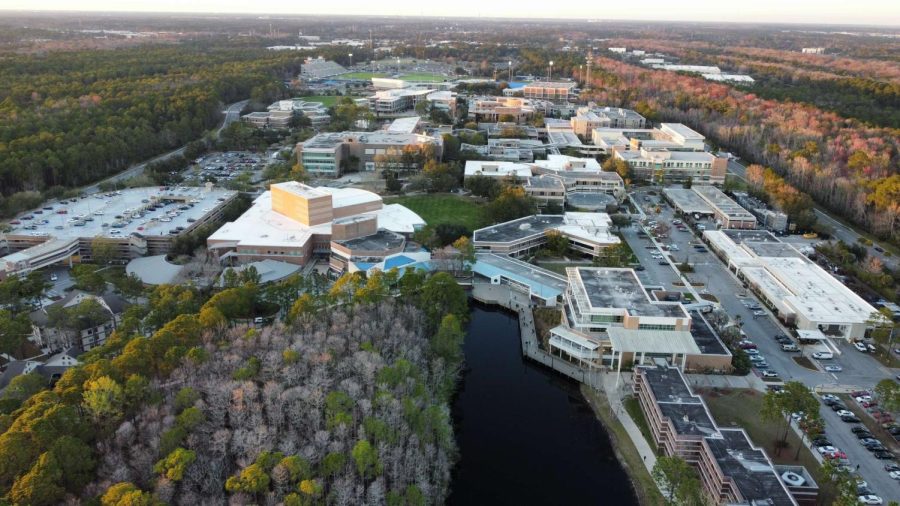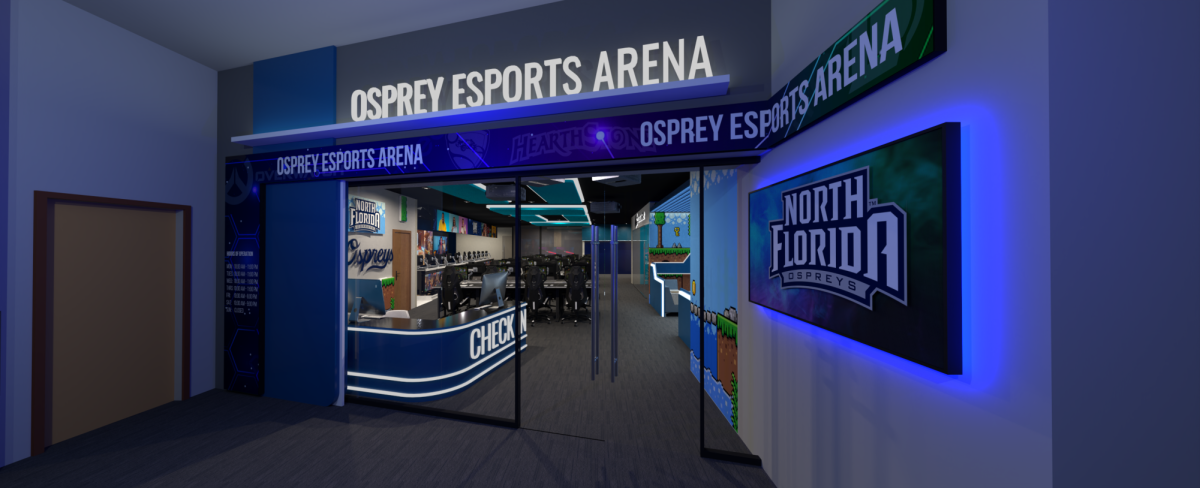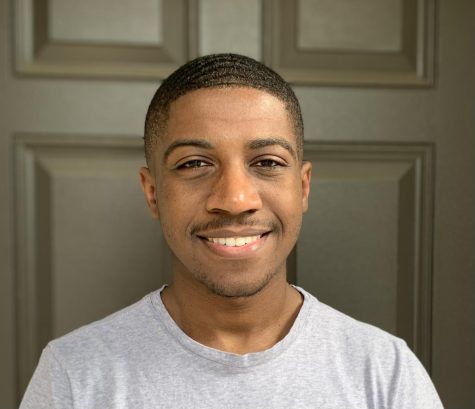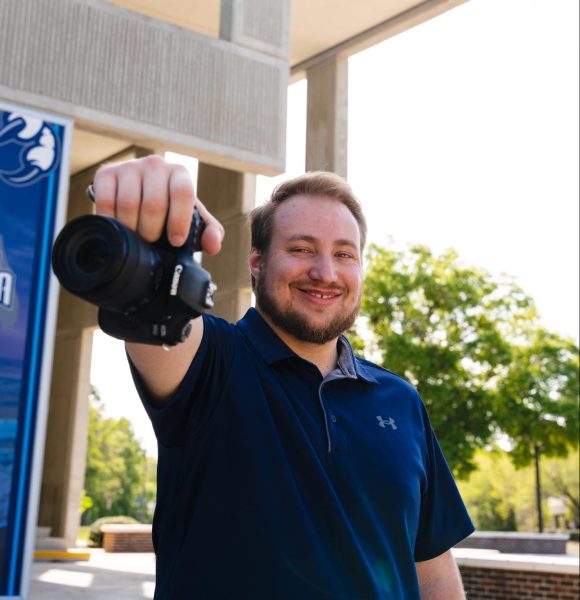Making up 10% of the University of North Florida (UNF)’s student demographics, it is highly unlikely that black students have a hard time being seen. However, they certainly have a harder time being heard.
A little over two months ago, that exact sentiment was expressed at a student-faculty meeting in response to a distasteful online trivia post. The meeting, led by Dr. Rudy Jamison and Dr. Christopher Janson, encouraged students to speak about their experiences and what changes they wanted to see at the university.
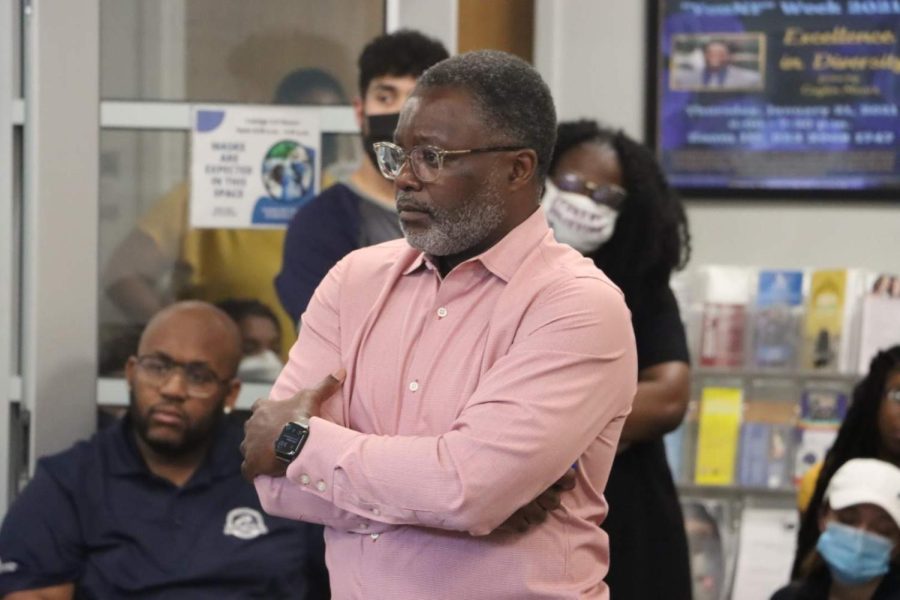
Fast forward to today, and I find myself thinking about my experiences as a black student at UNF.
When I first enrolled at UNF, I don’t think I really grasped how few black people there were at the school compared to other races. However, since I was only working on campus and taking most of my classes online, this did not bother me that much. Then, as the school began to re-encourage on-campus learning during the fall semester of 2021, I found myself sitting in in-person classrooms.
I noticed a particular trend that occurred in every class. I was one of two black students in nearly every class. And in the situations where there were not two of us, there was one. Me.
UNF is considered a predominately white institution (PWI), with its student body being 62% white. This means that if you do not fall into that demographic, you will be in the minority. This can, and has, caused a feeling of frustration for many black students on its campus. In my own experience, I have found myself quite bothered with the way classes have felt sometimes.
Dorian Campbell, a UNF senior, is no stranger to the familiar feelings of many black students. He says that many times when dealing with professors and classmates he felt that his “ideas or comments would go unheard or just ignored.” Continuing his thoughts he said that “it kind of made me feel crazy a little,” and made him feel as if he “wasn’t communicating effectively enough.”
This is a common theme among not just black students but also black people who enter predominately white environments. Communication is often connected to how one is raised. In other words, there is a cultural background to how we relate to one another. This is the case for many ethnicities. Though we are by no means a monolith, Black people have a culture of our own. And, though black culture is becoming more mainstream, there are times in which a simple choice of phrasing or thinking may throw off non-black listeners.
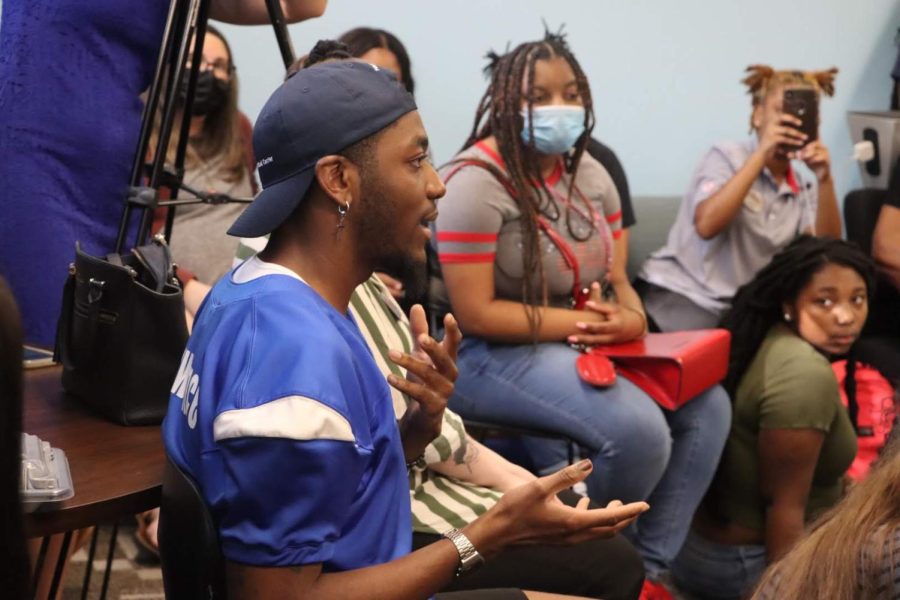
However, many times that thrown-off look or confused glare results in a feeling of discouragement for a black speaker. This can lead to feelings of isolation and loneliness and, if not addressed, can cause black students to face a more difficult college experience.
I asked Campbell if he ever felt alone, and was pleased to find out that bonhomie does indeed exist at UNF.
“[There’s] definitely a black population and black culture on campus, but it’s just one of those things where you kind of have to go out and make your own connections and stuff,” he said.
This is, in fact, true. I have found that the black student body is rather active on campus, hosting multiple events. I’ve also found that many are more than willing to talk about their experience with me and often share similar thoughts, while also adding a new perspective to my own.
Like many students, Campbell recognizes that coming to UNF was a choice. He let me know that he was accepted to the University of Kentucky (UK), Savannah State University (SSU) and Florida Agricultural and Mechanical University (FAMU) but chose UNF because he wanted to expose himself to a view beyond just the black view.
There are certainly ups and downs to enrolling at UNF or any other PWI, but resiliency is needed regardless of where you choose to enroll. For Campbell, his experience has definitely made him “stronger,” he said. Hopefully, others will have the same experience.
Asked if he liked his experience at UNF, Campbell offered what seemed to be a concession in the form of a simple and concise outlook: “Took some W’s, took some L’s, but that’s life.”
That’s life.
___
For more information or news tips, or if you see an error in this story or have any compliments or concerns, contact editor@unfspinnaker.com.






